TSA Warns Against 21 Common Practices In Airport
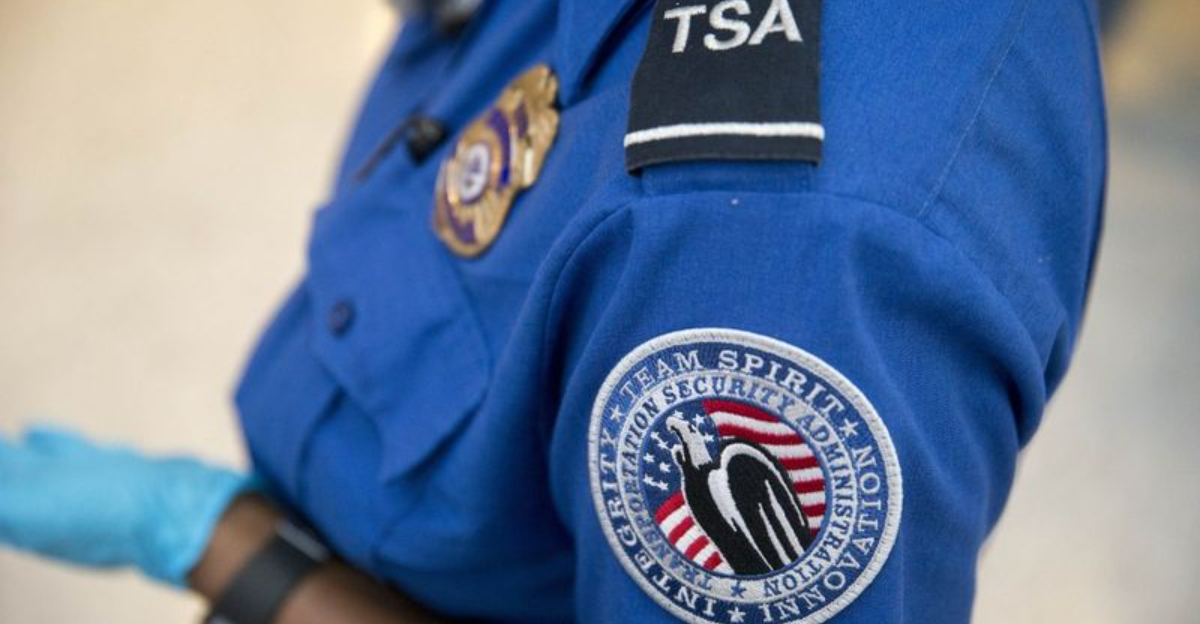
Airport security can feel like an obstacle course — even for experienced flyers. Every day, travelers unknowingly break simple TSA rules that lead to long lines, extra screenings, and avoidable headaches.
What’s good about this, you may ask? Most of these mistakes are easy to fix once you know what to watch for. A little preparation can save you time, stress, and those awkward conversations at the checkpoint.
1. Liquids Over the Limit
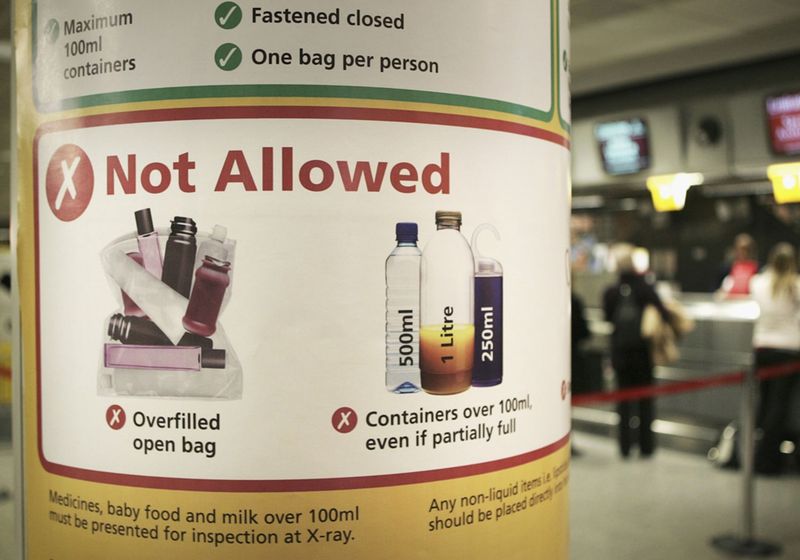
Packing that favorite full-size shampoo bottle often leads to disappointment at the checkpoint. TSA liquids must be 3.4 ounces (100ml) or less, all fitting in a single quart-sized clear bag.
Many travelers forget this rule until their expensive products end up in the trash bin. Save yourself the headache and transfer liquids to travel-sized containers before flying.
2. Sharp Objects
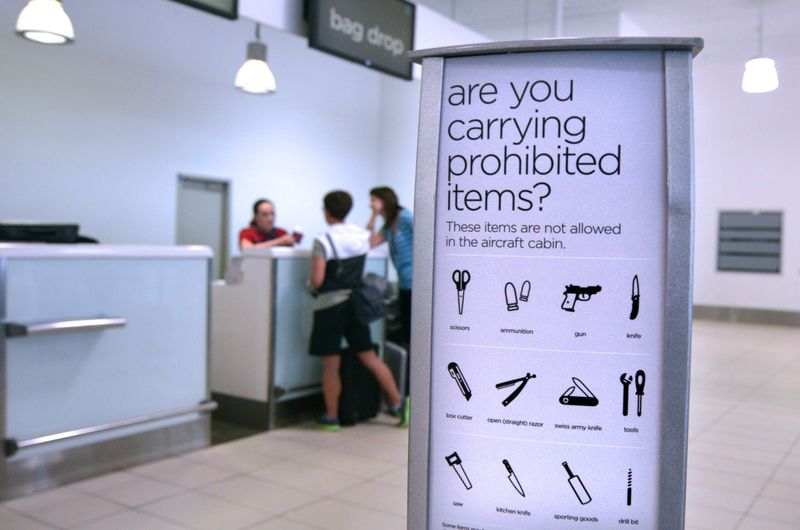
Everyday items like scissors and pocket knives commonly trigger alarms during screening. TSA regulations prohibit carrying sharp objects that could potentially be used as weapons.
Packing these items in checked luggage avoids unnecessary complications. Remember that even small tools with blades longer than 4 inches aren’t permitted in carry-ons, so double-check your bags before heading to the airport.
3. Oversized Electronics
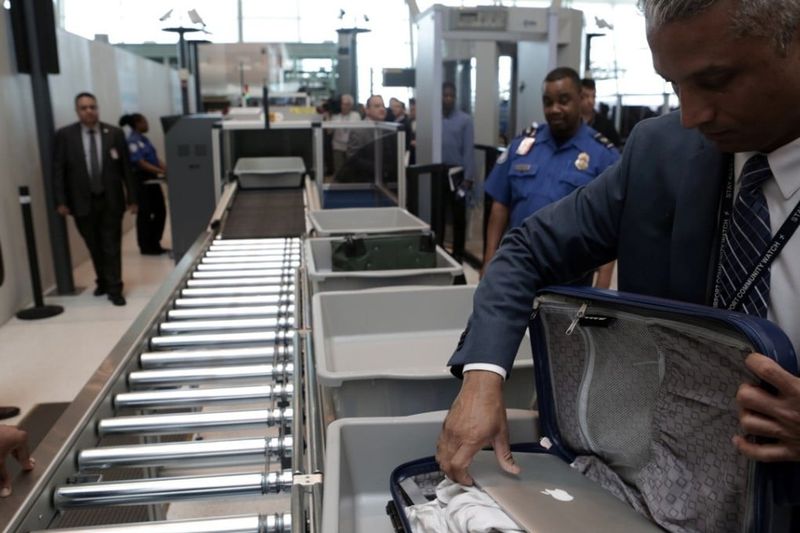
Lugging that ancient laptop through security might earn you extra attention. Large electronics require separate screening, often causing delays in busy security lines.
The TSA requires all electronics larger than a cell phone to be removed from bags and placed in bins. Consider streamlining your tech or arriving earlier when traveling with multiple devices to avoid rushing through this process.
4. Expired Identification
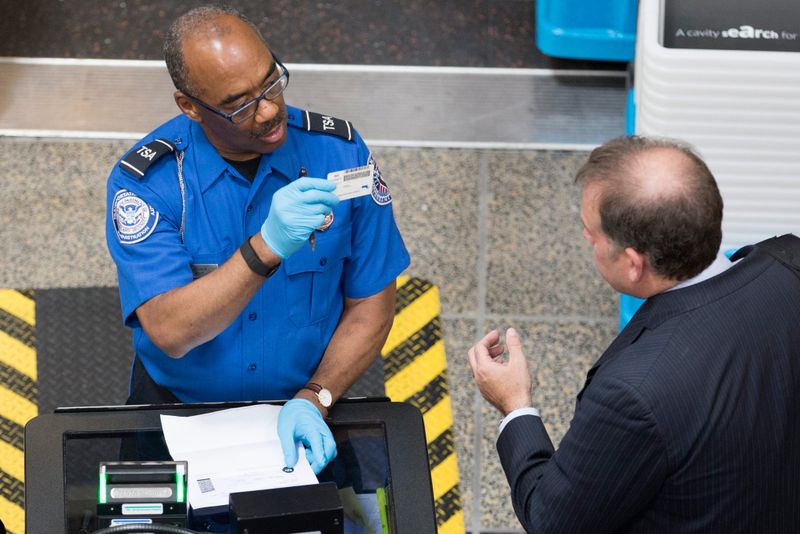
That little expiration date can cause major travel disruptions if overlooked. Checking your ID’s validity well before travel day prevents uncomfortable situations at security checkpoints.
TSA officers must verify your identity matches valid documentation. While some flexibility exists for travelers who forget ID, expired documents often result in additional screening or even denied boarding if alternatives can’t be provided.
5. Digital Vs. Physical Boarding Pass Confusion
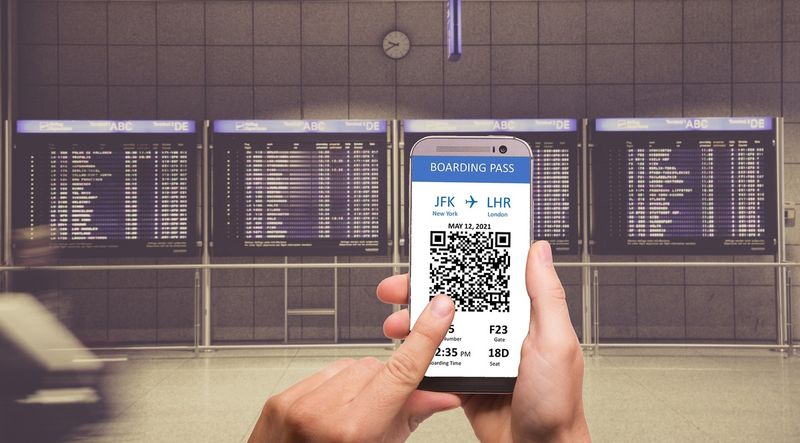
Frantically searching your phone for a boarding pass while others wait isn’t ideal. Having both digital and physical copies prevents technology failures from derailing your travel plans.
Many travelers assume all airports accept mobile boarding passes. The TSA recommends keeping a printed backup, especially when traveling to smaller airports or international destinations where systems may differ or mobile service might be unreliable.
6. Overstuffed Carry-Ons
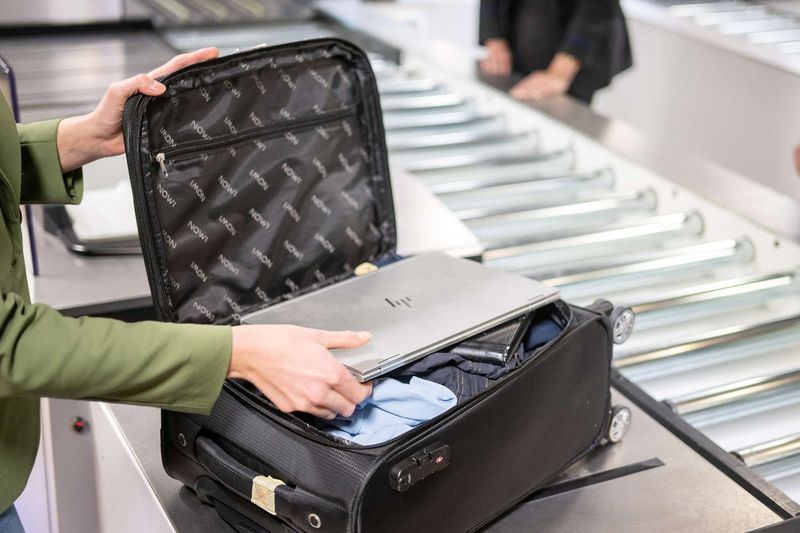
Cramming everything into one bag creates problems at security and boarding gates. Overpacked bags often can’t fit through X-ray machines properly, requiring manual inspection.
TSA agents may ask you to remove items, reorganize, or check your bag. This creates delays for everyone in line. Pack strategically with security screening in mind, keeping items organized and accessible.
7. Poorly Packed Electronics
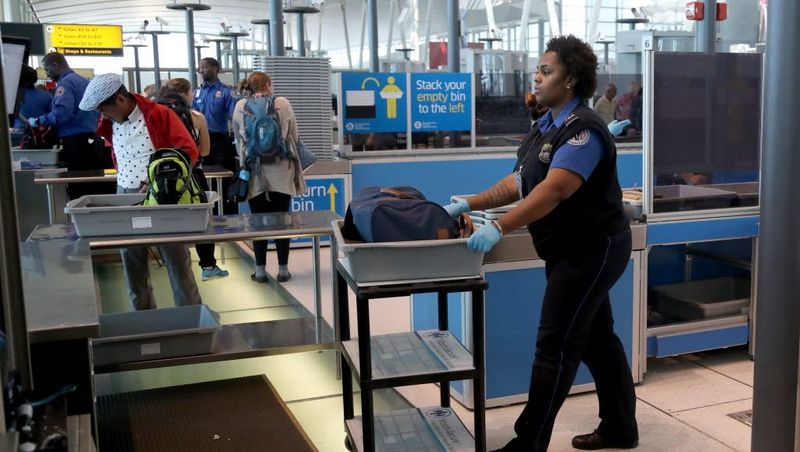
Tangled cords and buried laptops slow down everyone’s security experience. Improper electronics packing triggers additional screening and delays the entire security line.
TSA screening requires electronics larger than a cell phone to be easily removable. Place laptops and tablets in dedicated compartments or at the top of your bag for quick access. This simple organization step can significantly speed up your checkpoint experience.
8. Food And Agricultural Items

Bringing that exotic fruit from your vacation might seem harmless but could cause serious issues. Certain foods trigger additional screening because they appear similar to prohibited items on X-ray machines.
TSA allows most solid foods through checkpoints, but liquids and gels follow the 3-1-1 rule. International travelers face stricter regulations with agricultural products often prohibited to prevent introducing pests or diseases across borders.
9. Leaving Belongings Unattended
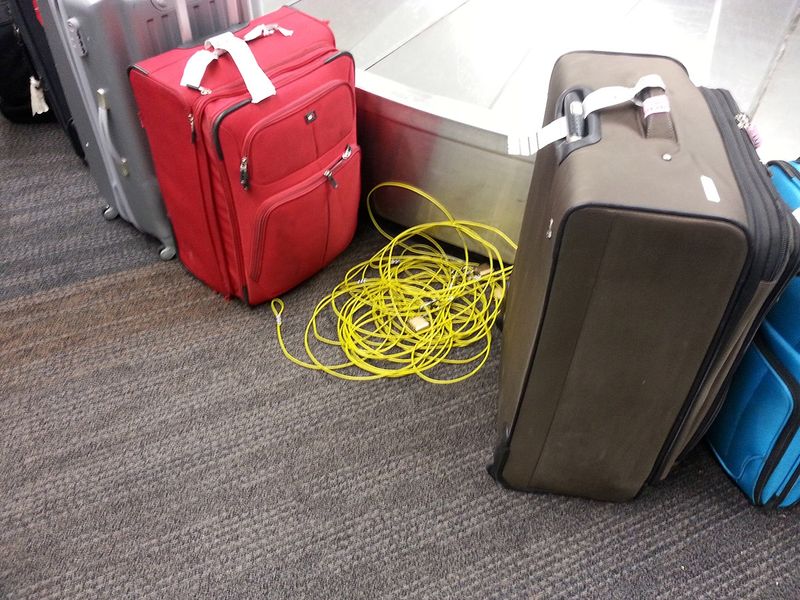
Walking away for just a minute to grab a coffee could lead to serious consequences. Unattended bags create security alerts that can shut down entire sections of airports.
Airport announcements regularly remind travelers to keep items with them at all times. Security protocols require immediate response to abandoned items, often involving evacuation and bomb squad investigation. Always keep your belongings within sight and reach.
10. Making Jokes About Security
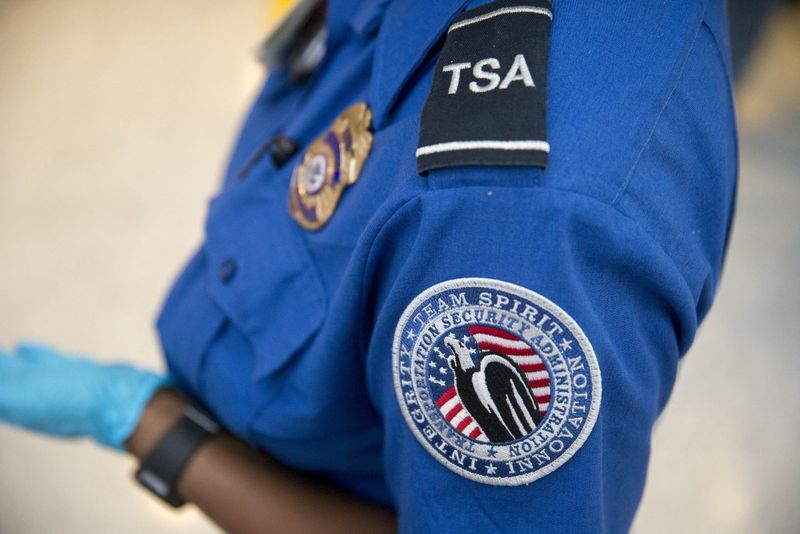
Casual comments about bombs or weapons aren’t received as humor in security zones. What seems like an innocent joke can trigger full security responses and legal consequences.
TSA officers are required to take all security threats seriously. Comments about prohibited items, even in jest, can result in delayed flights, questioning by law enforcement, and potential criminal charges. Save the jokes for after you’ve reached your destination.
11. Disregarding TSA Instructions
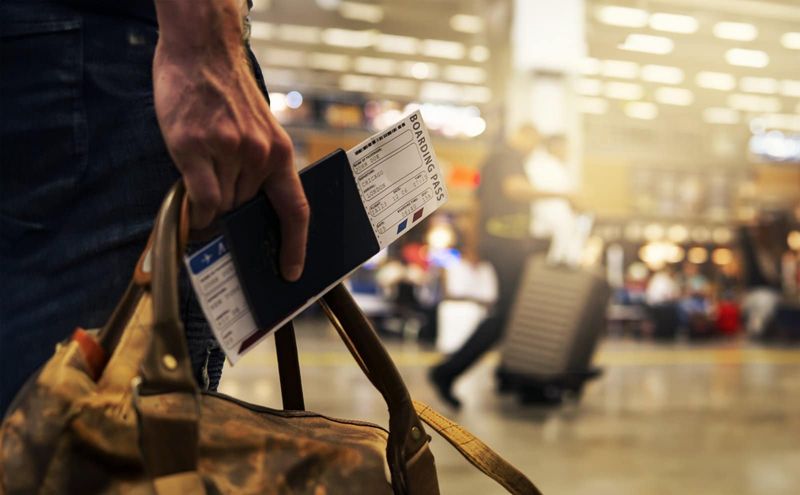
Keeping headphones in or ignoring directions creates unnecessary friction at checkpoints. Officers provide specific instructions to ensure efficient screening for everyone in line.
TSA procedures exist for security reasons, not to inconvenience travelers. Refusing to follow directions not only delays your own screening but affects everyone behind you. Removing headphones and listening attentively helps maintain smooth checkpoint operations.
12. Unauthorized Use Of PreCheck Lines
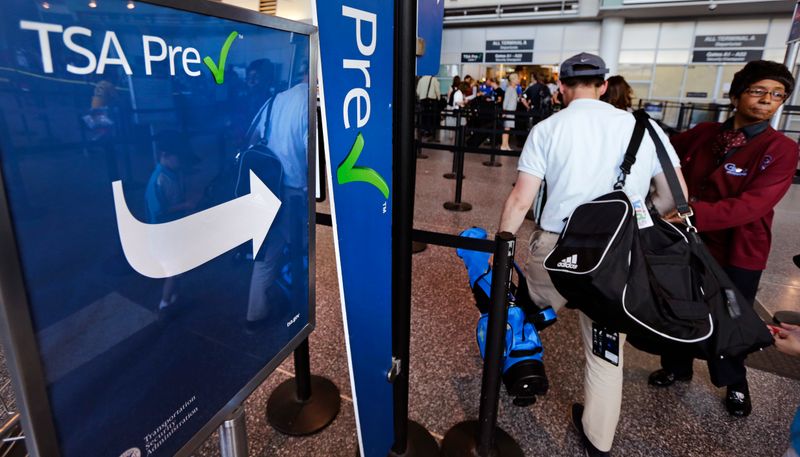
Hopping into the shortest line without proper enrollment creates problems for everyone. PreCheck lanes require specific TSA enrollment and approval before use.
Many travelers mistakenly enter PreCheck lines because they appear shorter. This creates confusion when they’re redirected to standard screening. The program requires fingerprinting, background checks, and application fees, providing expedited screening only for approved participants.
13. Failing To Update PreCheck Information
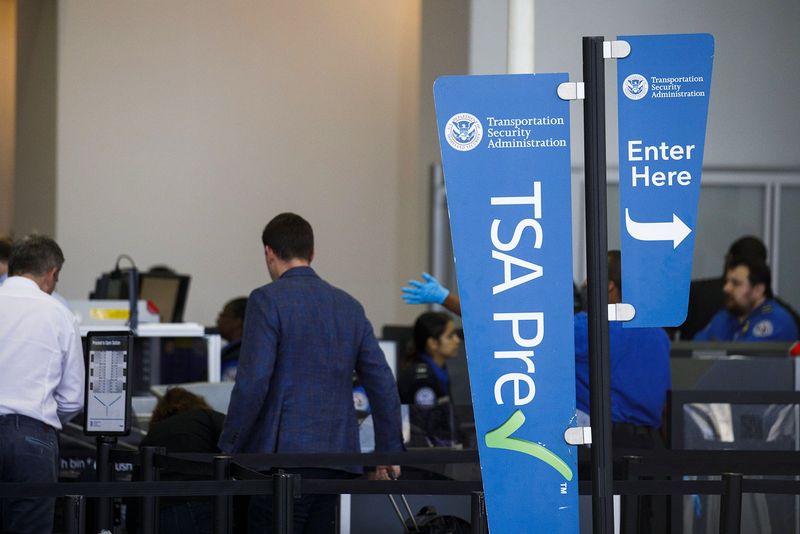
Life changes like name changes or new passports can affect your trusted traveler status. Outdated information in PreCheck systems may prevent you from using expedited screening lanes.
TSA requires current personal details to match your boarding pass and identification. When information doesn’t align, you’ll be redirected to standard screening lines. Keep your Known Traveler profile updated through the TSA website to maintain your benefits.
14. Wearing Excessive Jewelry

Metallic accessories might complement your outfit but complicate your security screening experience. Those statement necklaces and stacked bracelets trigger metal detectors, requiring additional screening procedures.
Jewelry doesn’t need to be removed for standard metal detectors, but excessive pieces can cause alarms. Consider packing decorative items in carry-on bags until after clearing security. This simple adjustment saves time and reduces the need for additional pat-downs.
15. Unapproved Footwear Choices
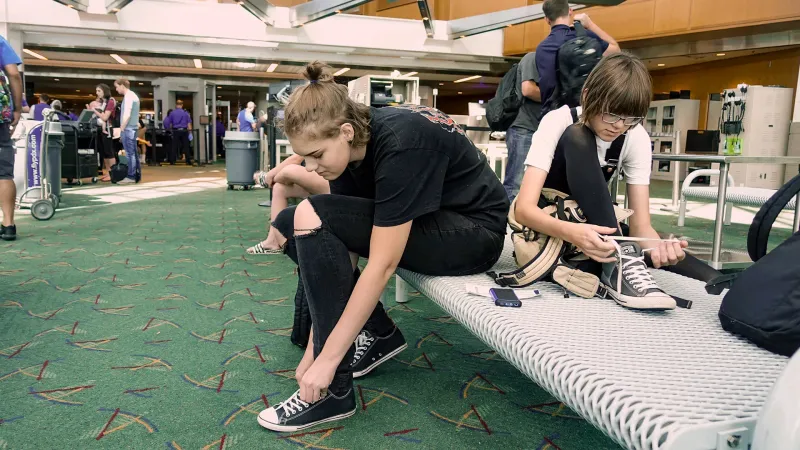
Those fashionable boots with metal buckles might look great but create checkpoint complications. Certain shoes consistently trigger security alarms, requiring removal even at airports with advanced screening technology.
Footwear containing metal components, thick soles, or excessive material often requires separate screening. Consider wearing easily removable shoes without metal parts when flying. Many experienced travelers opt for slip-ons to move through security more efficiently.
16. Clothing With Hidden Compartments
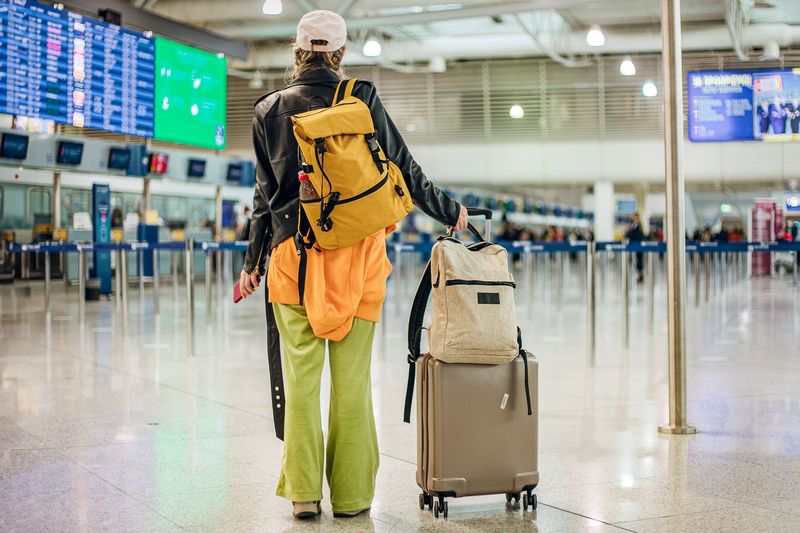
Special travel vests and multi-pocket clothing items raise suspicion during screening processes. Garments designed with numerous hidden pockets often require additional inspection, delaying your journey through security.
X-ray machines reveal unusual density patterns in clothing with multiple compartments. While these items aren’t prohibited, they typically trigger manual bag checks. Consider simpler outfits for travel days and pack specialty clothing in your checked luggage instead.
17. Improperly Declared Medical Devices
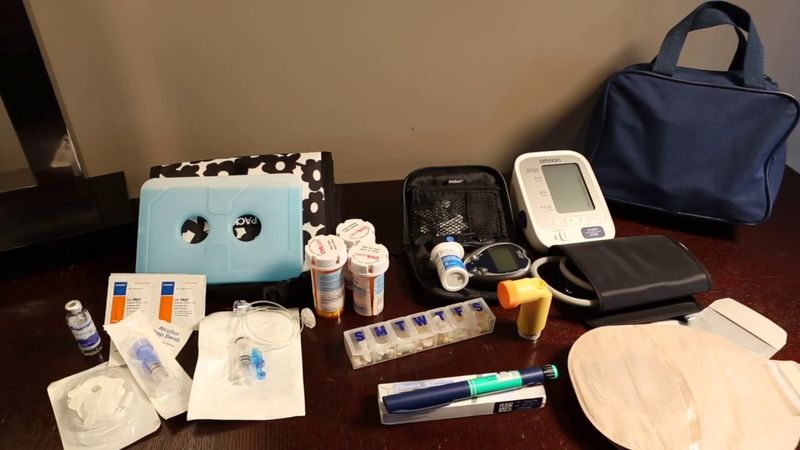
Essential health equipment requires proper notification during screening. Medical devices like insulin pumps, CPAP machines, or portable oxygen concentrators need special handling procedures.
TSA recommends informing officers before screening begins about any medical equipment. Proper documentation from healthcare providers helps expedite the process. These items undergo alternative screening methods to avoid damage while ensuring security protocols are maintained.
18. False Claims Of Exemption
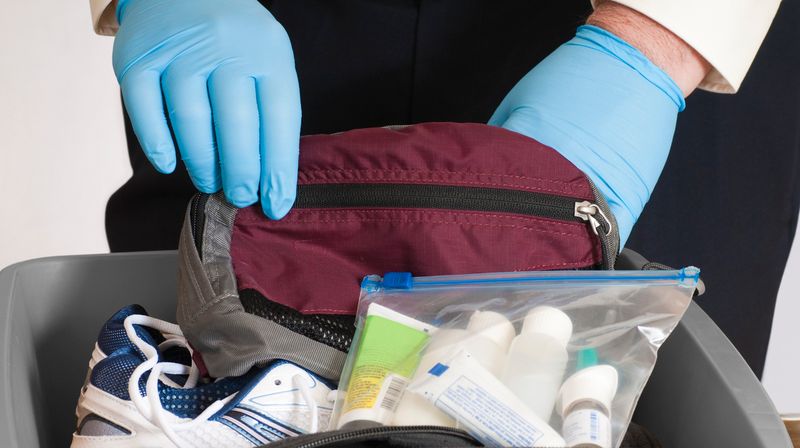
Claiming medical or special needs without legitimate reasons creates serious problems. Fabricating exemptions to avoid security procedures can result in penalties and increased scrutiny on future travels.
TSA officers are trained to recognize legitimate accommodation needs. False claims not only delay screening for everyone but may result in civil penalties. Those with genuine needs should bring appropriate documentation to facilitate proper assistance during the screening process.
19. Ignoring Updated TSA Rules
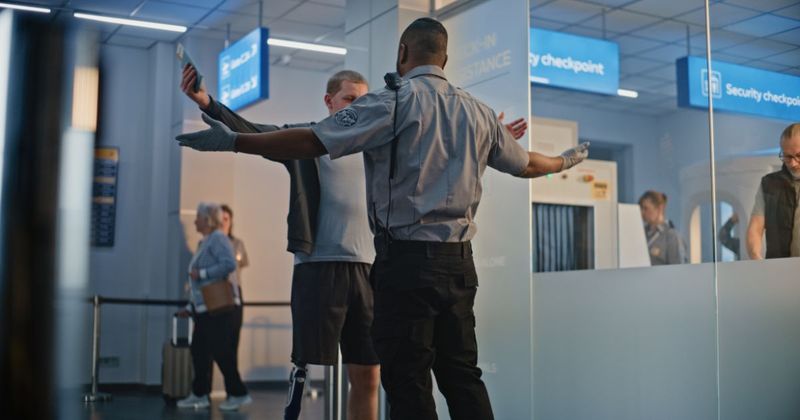
Security regulations evolve constantly, making yesterday’s knowledge potentially outdated today. Many travelers operate on outdated information, causing confusion when procedures have changed.
TSA regularly updates screening protocols based on emerging threats and technologies. Checking the official TSA website before travel ensures you have current information. The TSA app also provides real-time updates about wait times and policy changes at specific airports.
20. Rule Changes For Electronics
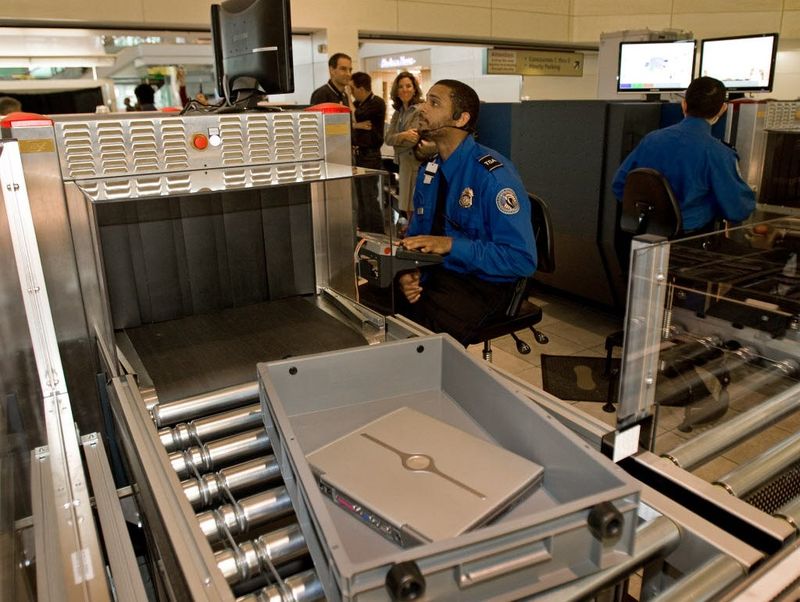
Technology screening procedures frequently change as new devices enter the market. Many people pack based on previous experiences only to find electronics rules have been modified.
Currently, electronics larger than cell phones typically require separate screening. However, TSA PreCheck members often can leave devices in bags. Checking current guidelines before packing ensures you’re prepared for whatever screening procedures are in place during your travel day.
21. International Vs. Domestic Rule Differences
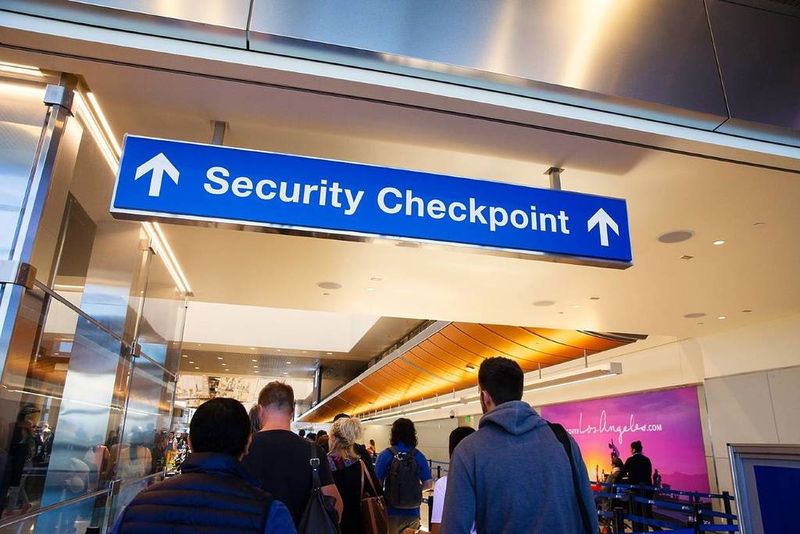
Frequent domestic flyers often face surprises when traveling internationally. Security protocols vary significantly between countries, with some requiring additional screening steps unfamiliar to American travelers.
Some international destinations require electronics to be powered on to prove functionality. Others maintain different liquid restrictions or prohibited item lists. Research destination-specific requirements before international travel to avoid unexpected complications at foreign security checkpoints.
